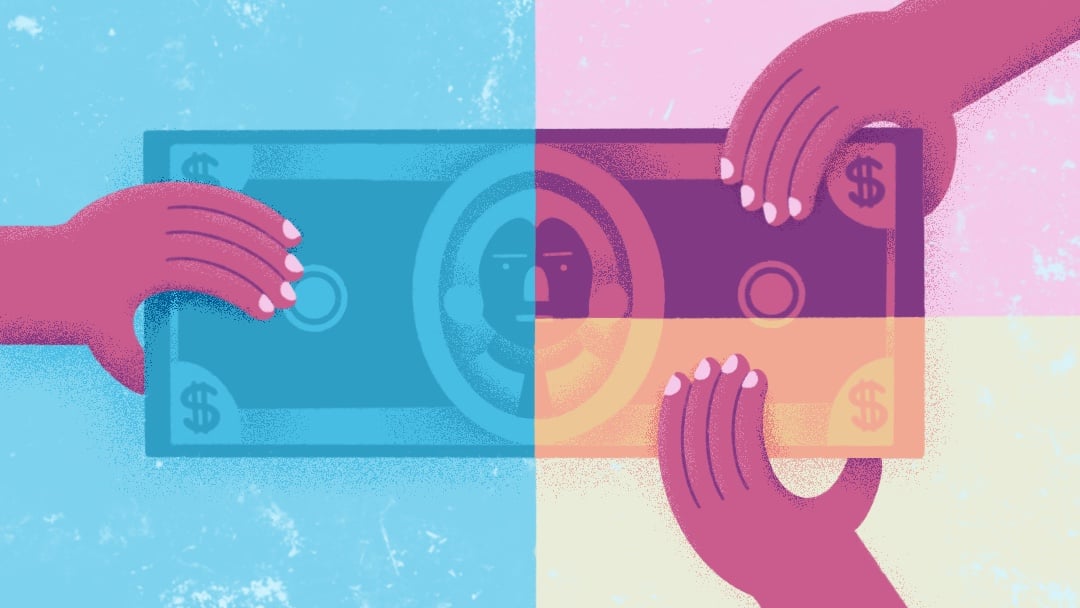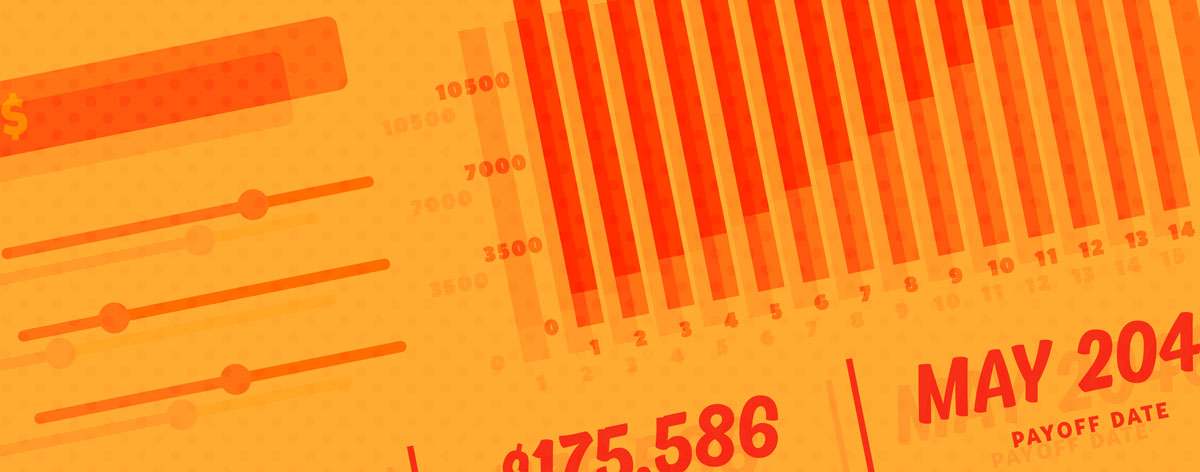

What is Financial Literacy?
In this article:
Mismanaging finances can lead to big consequences, and it’s not fun to confront that possibility. Still, mastering money management skills is the only way to achieve and maintain financial health.
Embrace Financial Literacy
Everyone has a “financial situation”—for some it’s not-so-good, for others, it’s great. But everyone, EVERYONE, has one. Financial literacy is the ability to take control of your financial situation.
You begin learning financial literacy concepts at a young age (the difference between a quarter and a dime). As you grow and mature, your view of money grows and matures, too. Financial literacy switches focus from saving for bicycles and skateboards to taking out a car loan. Or, that anticipation of buying a new gaming system gets pushed aside after realizing you need a home to put it in. This is when many begin to fear finances, unsure of how to manage them. But financial literacy is a topic to be discussed, not avoided—and anticipated, not dreaded.

Broaden Your Perspective
Financial literacy isn’t one and done, a concept where you either know it or you don’t. The broad view of financial literacy is much more flexible. It’s a process where you master and apply skills one at a time. There’s no starting point or finish line. You don’t have to be in a specific situation to begin; and it’s a matter of life-long learning and growth.
Let’s break it down. A financially literate person—at a basic level—understands how to pay their bills with the $2,000 they make each month and do it without drowning in debt. At a more intermediate level, this same person learns how to prepare for their future by setting aside some of that $2,000 for emergencies. Someone at an advanced level will budget out 50% of that $2,000 for necessities, 30% for things they want, and 20% for safe-keeping. A master at financial literacy can use their knowledge on investments to guarantee that a portion of that $2,000 will make them an additional side income. Each level is obtainable and every level is worth the effort to achieve. All that being said, not many people can become an expert in one day. It takes time.
Applying What You Know
It’s not enough to just know the best money-management practices. Any financially capable individual will tell you that goal-setting, planning, and consistent effort is needed to maintain your finances. Someone who applies what they’ve learned will track spending, maintain a low DTI (Debt-to-income ratio), and keep credit card utilization below 30%. (Credit card utilization, by the way, is the amount of credit you used compared to your credit limit.)
Even if you have to start off trampling through piles of debt and diminishing your expenses little by little, your good habits won’t last without an effective plan. And that plan is another key element of being financially literate. So, start thinking about your long- and short-term goals, tracking your expenses, building a budget, and creating a detailed plan to move forward.
And in case you’re ever wondering how wealthy people do it, begin with the basics and work your way up. Soon people will be wondering how you do it, too.
Neither Banzai nor its sponsoring partners make any warranties or representations as to the accuracy, applicability, completeness, or suitability for any particular purpose of the information contained herein. Banzai and its sponsoring partners expressly disclaim any liability arising from the use or misuse of these materials and, by visiting this site, you agree to release Banzai and its sponsoring partners from any such liability. Do not rely upon the information provided in this content when making decisions regarding financial or legal matters without first consulting with a qualified, licensed professional.

